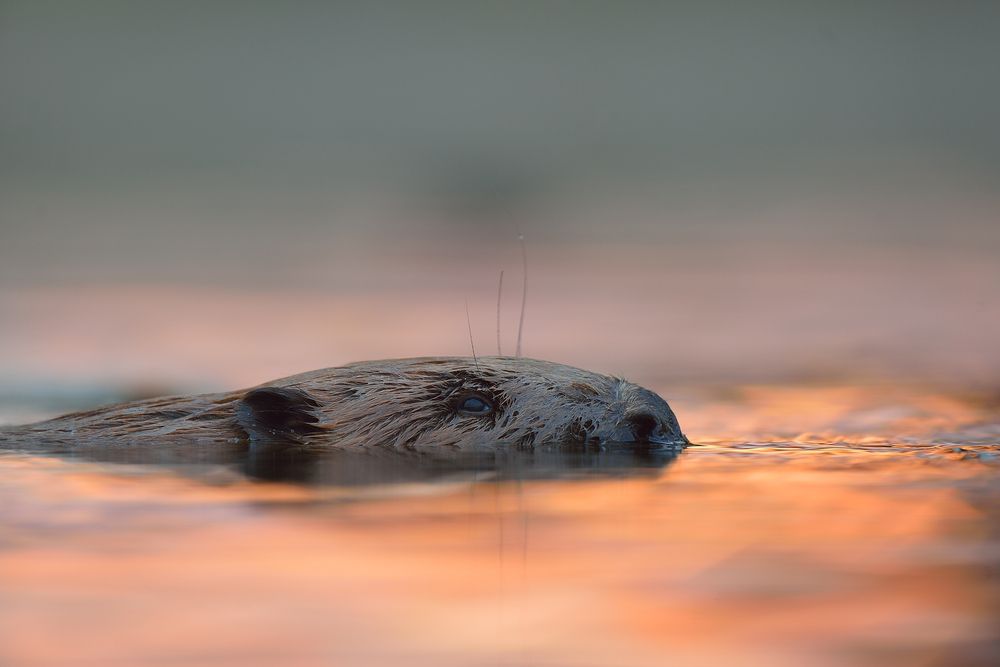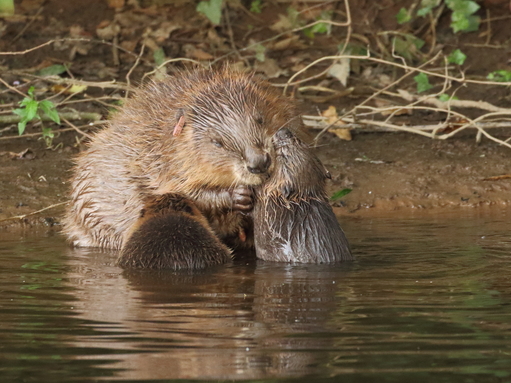Known for their bucked teeth and love for building dams, beavers are one of the cutest and gentlest animals. Despite their sweet disposition, beavers were actually hunted almost to the point of extinction. Now who would ever want to get rid of these lovable creatures?

In 2013, the first wild breeding beaver population in England was discovered when a video emerged of a beaver with her young by River Otter in East Devon.
These gentle animals faced being removed from their habitat due to the threat of possible parasitic diseases. The fear was mostly due to other attempts in the UK where they were trying to reintroduce beavers to the wild. In Gloucestershire, a pair imported from Bavaria had to be removed after one tested positive for Echinococcus multilocularis (EM), a small tapeworm that causes the disease Alveolar echinococcosis to humans.
However, the Devon Wildlife Trust weren’t going to give up on the beavers in River Otter. After a five-year trial in collaboration with the University of Exeter, Clinton Devon Estates, and the Derek Gow Consultancy, the beavers are here to stay.
In a study done by the non-profit organization, they found that the environmental impact of beavers was reason enough to be given permanent right to remain.
As an essential part to River Otter’s ecosystem, the beavers were found to have increased the fish biomass and enhanced the water quality of the river.
As nature’s landscape engineers, beavers build complex homes, known as burrows, with underwater entrances. These critters create dams across streams to provide protection against predators, in order to build these homes.
These dams help neighboring villages as well because they work as natural flood-defenses. By reducing the flow of water downstream, this decreases the risk of flooding of homes nearby.

Now fifteen families of beavers, with at least 50 adults and kits, can officially call River Otter their home.
Who knew that these small animals would make out to be great neighbors too!
POP! Creator Community / Lyshiel Aranal


